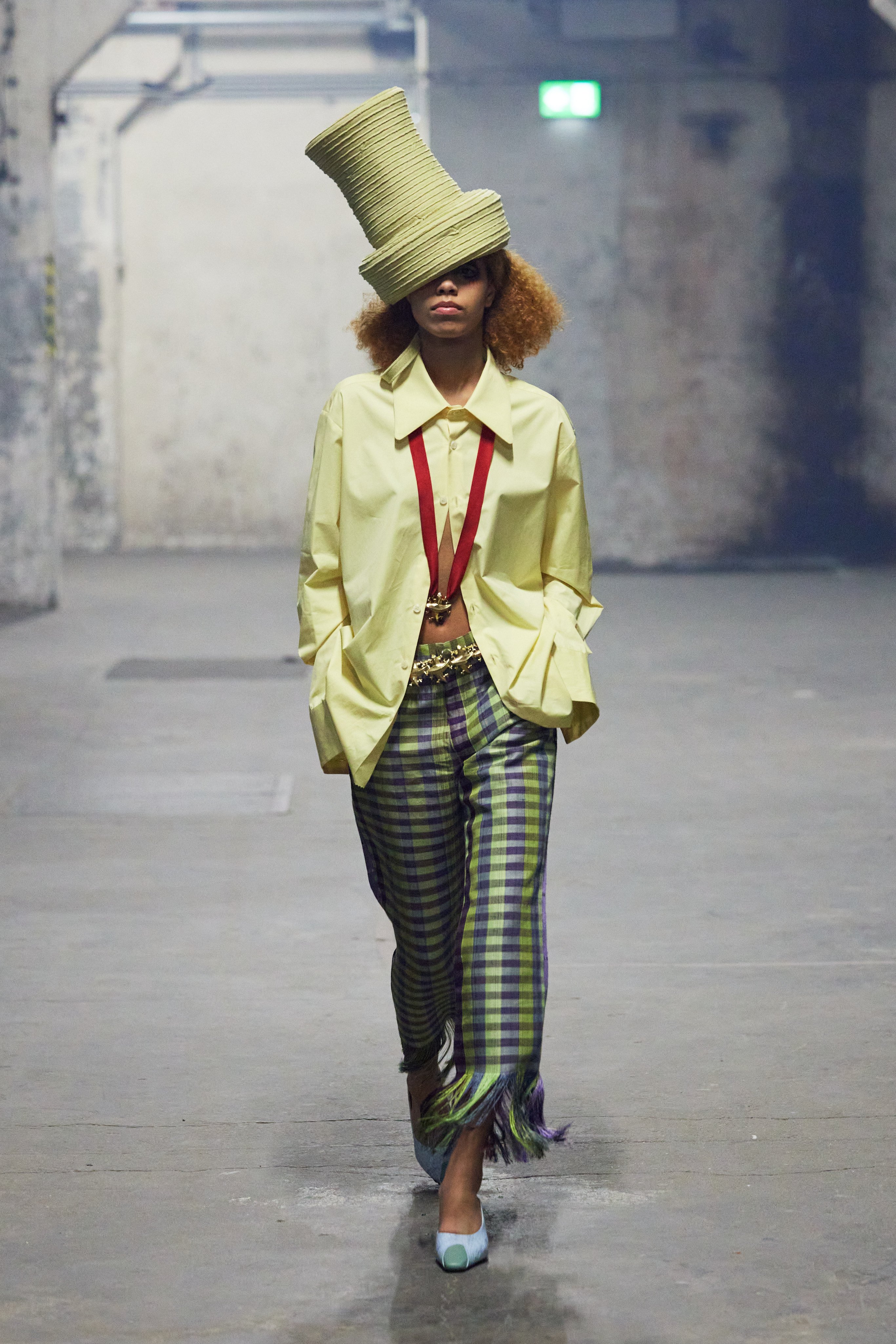Pop music is obsessed with bodies. Whether it’s the hot rush of holding hands in the ‘60s, the detonated eyes of a power ballad, or Ice Spice’s poetic scatology, there are countless prayers to the ways in which we can vex each other with mouths, hips, or ass. But aren’t they about more than just the body? Don’t they tend to accomplish something like turning a table into an altar, a rug into a prayer mat — presenting intriguing concepts about our creaturely nature? Well, not always.
Sometimes, you get a song like “Wine”, which is just about dancing with an attractive woman. And if you do that — if you write a track that is literally about dancing for two minutes — it better feel like you’re in a club, grabbing your friends, going Ohhh OHHH, certain that someone somewhere in that dark room will live up to it. Wine makes you excited for that magical moment.

As the first solo single from 49-year old Swede Dawda, the man who has co-written material for the likes of Charice and Ashley Tisdale after breaking with hip hop duo The Navigators, Wine moves you amicably to the bar, with its simple subject matter and arrangement that flutters across more than the pelvis. As a collision of Afropop and R&B, it’s perfectly fine — but as a mission statement, you might want more. It’s a slight debut that does what it does and gets out of your system before you’ve had a chance to rate what you’ve heard.
“Baby, I’m losing my mind when you back it up,” Dawda says. “Go back it up.” That’s about as far as we semantically venture into Dawda’s psyche. But to be fair, the refrain, “Wine it slowly”, sounds like a plea to take your time, a consideration about how far you can back it up – the glistening sinuous jerk of a midriff, the twirling of wrists, and tantalising the cravings of passion.

However, there is more to say about Dawda’s voice. His near-falsetto is seamless, sliding through notes like a bobsleigh. The Wine lift is counterpointed by a gentle downward slope of “ey ey ey ey ey” in the verse, which is a spinning descent that’s never sudden enough to throw you off guard, or rhythm. Although the track shrugs at first listen, Dawda’s singing is versatile enough to bring you closer.
Wine’s production is in the capable hands of Alladin Awad, an affiliate of Dappy and Leila AD, and David Kutch, who has also notably mastered for Billie Eilish and Beyoncé. As you might expect from the latter, there’s a careful, soft touch to these beats — letting them break for a second or two before clattering back into place. A guitar worms its way in here too across the same three chords. A bridge or breakdown would give the song some juice. But as it stands, Wine is sweet, but doesn’t get you drunk.

Arguably, the real interest lies in how Dawda is being positioned as an emerging star in African music despite having his thumbprints over the West, and a troubled history that knocked him off his prime. In 2008, after working with Britney Spears, he had “an altercation” that resulted in his imprisonment in an LA prison. Remorseful, devastated, and in a foreign land, he set up the San Quentin Music Program, where he collaborated with almost 50 inmates to produce a mixtape with a keyboard in his cell.
After his release from prison in 2020, it’s perhaps no wonder that Dawda has chosen to reemerge with a paean to simple pleasures and patience. In December 2023, he appeared on Congolese artist Mohombi’s song “CHOCOLA”, which is a celebration of love for Black women.
Dawda now lives and works from Dubai in the ranks of LP:ME, a collective of African and Middle Eastern musicians that boasts “one of the highest studio facilities in the world.” Whether that means his ambitions will also graze the clouds remains to be seen, but Wine is an enjoyable start to the second act of a career that has taken more turns than a dizzy mate on a Soukous binge.
.svg)







.png)

